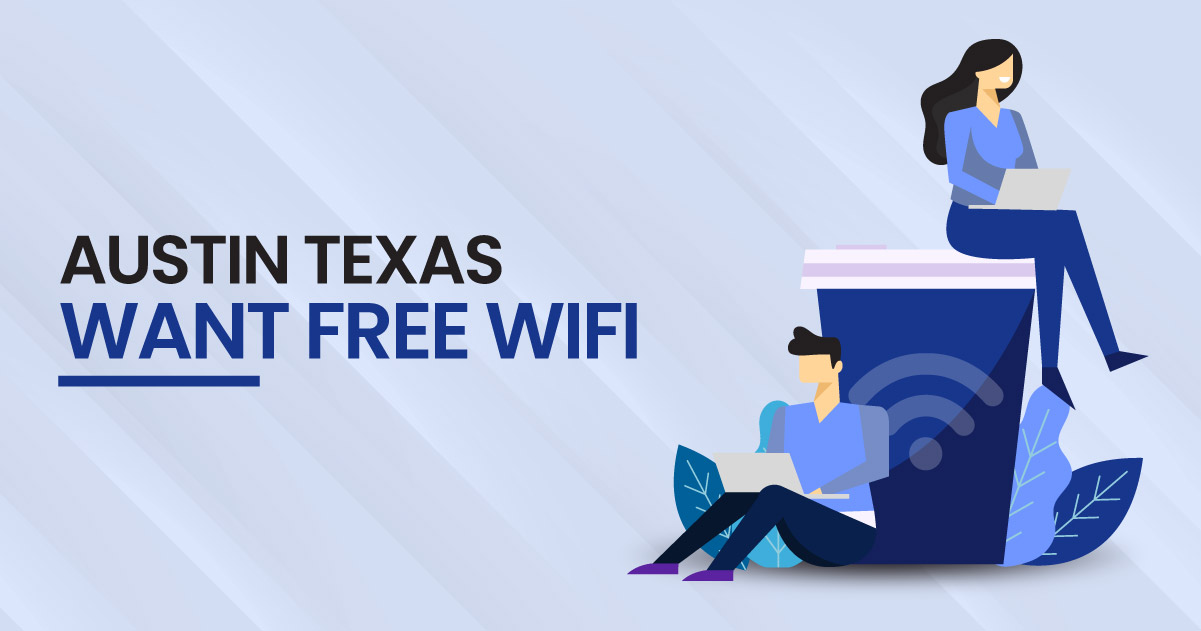Internet usage is increasing and people are spending about eight hours online every day. With more time online, Americans are questioning the speed and cost of internet. Meanwhile, the US faces a national digital divide that is only going to make it harder to stay connected in our increasingly online world.
We combed through our data and reports from the past year to determine the state of the internet for 2024. The verdict? We’re seeing some of the fastest internet speeds, but the rising cost of internet frustrates many customers. In our 2024 State of the Internet report, we’ll cover internet speeds in the US, how people are using the internet, and Americans’ wishlist for the perfect internet plan.
Fastest and slowest internet speeds in the US
In 2022, internet speeds rose over 20% year over year to a national average of 119.03 Mbps, based on our EZ2connect.co Speed Test. But depending on where you’re reading our State of the Internet report, you may be experiencing faster or slower speeds.
The national average does not mean all states have equal speeds. Delaware has the fastest internet speeds in the US at an average download speed of 145.8 Mbps, beating West Virginia (slowest at 60.7 Mbps) by 2.4x.
The East Coast is home to the fastest internet speeds in the United States with Delaware, New Jersey, and Maryland topping our list.
Digital divide leads to slower speeds
We’ve talked about it before: the digital divide is stark and felt most in rural areas of the country. Why is that? Rural areas tend to have lower population densities and, thus, fewer providers delivering fast internet.
All of the states in our top 10 include major metropolitan areas or business interests that lead to better internet infrastructure.
Rural states, on the other hand, have a harder time securing faster internet due to a lack of providers and infrastructure.
For more remote work and pleasure, we’re always online
We’re using the internet more than ever before nowadays, with work and social lives commingling online—maybe that’s not a surprise to you if you’re reading this report during work. We were surprised at what people wanted to do online versus in-person.
People prefer the virtual world for banking, paying bills, ordering food to-go, and scheduling appointments.
Job interviews, socializing with friends and coworkers, and attending doctor appointments are all things Americans would rather do in person.
Still, even with the urge to go out into the world, 60% of respondents say they still stay home more than they did before the pandemic. And we found that, while staying home, many Americans’ participation in online activities increased significantly compared to the year before:
Streaming movies, TV, and videos (up 48% vs. 2021)
Online shopping (up 47%)
Video chatting (up 44%)
Changing digital habits and more time online
Americans spend about 8 hours online every day and their internet usage is still increasing, according to a survey we recently conducted.
While online, people listen to an average of 5 hours of streaming music, podcasts, or other audio each day.
And instead of going to the store to window shop, 75% of Americans research purchases online first.
The increasing time online is also changing Americans’ digital habits, with roughly 50% of Americans reporting symptoms of digital hoarding.
When using the internet on the computer or their phone, respondents had an average of 7 tabs open at once.
Over 60% of respondents experience internet speed issues, which may be a result of the multiple windows and tabs open at the same time.
Staying online outside of the home
Public Wi-Fi is a must for half of Americans, who use it when out of the house to cut down on cellular data usage.
Many people also use public Wi-Fi for remote work and content streaming.
Nearly 10% of Americans use public Wi-Fi because it’s better than the available Wi-Fi at their home.
Most people connect to free or public Wi-Fi at a:
Cafe or restaurant (53%)
Fast food joint (50%)
Local public library (47%)
How about getting online while traveling?
64% of Americans consider internet speed when booking a vacation stay.
Four out of five respondents reported that Wi-Fi is essential or very important on vacation.
Most people aren’t doing work on the internet on vacation…
Two out of three use it for social media.
Another two-thirds use it to stay connected with family and loved ones.
65% stream music, movies, and TV shows online.
Internet costs for remote work
Since the pandemic introduced remote work to the broader community, many Americans have been working from home for the better part of three years. That doesn’t mean they’ve perfected it though. Nearly two-thirds of Americans have spent the majority of a video call staring at themselves while a third admitted to being drunk or high during work!





